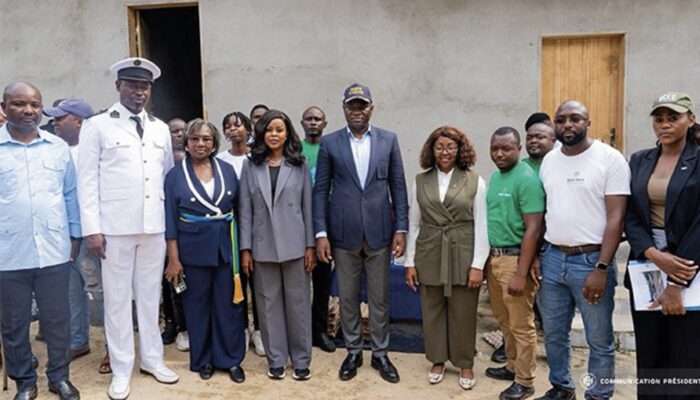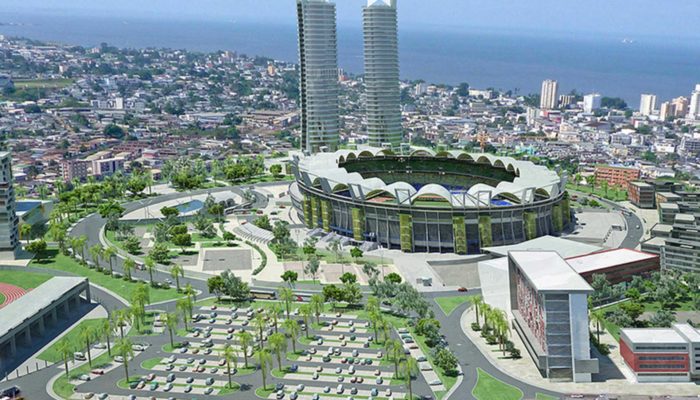The Gabonese Minister of Water and Forests and his colleague in charge of Agriculture and Livestock signed on December 15, two agreements for the effective start of the operation of the five High Productivity Agricultural Zones (ZAP), recently created on the national territory.
The Minister of Water and Forests and his colleague in charge of Agriculture and Livestock signed two agreements on December 15 for the effective start of the exploitation of the five High Productivity Agricultural Zones.

Barely two months after its adoption by the Council of Ministers, the project to create five High Productivity Agricultural Zones (Zap) in three provinces of Gabon (Estuaire, Moyen-Ogooué and Ngounié) has reached a new stage.
On December 15, the Ministry of Water and Forests, Lee-White, and his colleague in charge of Agriculture and Livestock, Biendi Maganga-Moussavou, signed two agreements for the effective start-up of five agropoles intended to the diversification of the national economy, but also to encourage young people to return to the land.
The first is a framework agreement that defines the general framework for cooperation in the area of high productivity agricultural zones, between the Ministry of Water and Forests and the Ministry of Agriculture and Livestock. The second, a specific agreement for the achievement of deforestation and the enhancement of species for the development of ZAP. “Thanks to the two agreements, we will really start the activities that allow the practical exploitation of our five agricultural zones with high productivity. We have decided to organize the exploitation of these areas together. When a date is set by the government, we will launch the first calls for subscriptions to investors, ” Biendi Maganga-Moussavou says..
These future agropoles are part of the Emerging Gabon Strategic Plan, and their vocation is to develop national agriculture on the basis of land organized around production basins across the country. “When we look at the future of Gabon, today we have 600,000 children on the school benches, that would mean that there are 500,000 jobs to be created over the next fifteen years and if our two departments do not do not associate to respond to this problem, I do not see other sectors doing so as part of the diversification of the Gabonese economy, ” Lee-White says.
According to the two ministers, a technical committee that will report on the progress of the implementation of these ZAPs, in terms of development, will be set up in the coming weeks, for a better deployment of the project.





